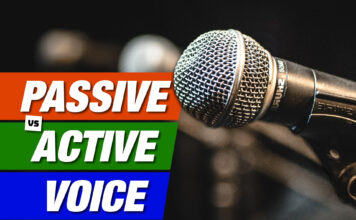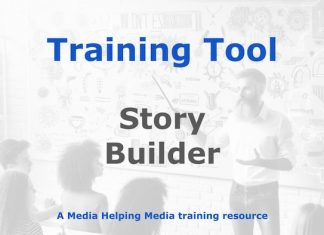Basics
Our basics section provides foundational knowledge for journalists starting their careers and for those wanting to refresh their skills. Learn techniques including news writing, interviewing, story structure, and reporting practices that form the bedrock of quality journalism. All our material is free to download, adapt and use. Scroll down our site map for all the content in this and other sections.
In journalism, good writing is plain writing
The purpose of news writing is to convey meaning clearly and effortlessly by using precise, comprehensible, and easily digestible words.
Interviewing ‘off the record’
Journalists’ sources sometimes agree to talk only off the record. Here we examine what that means and how to handle it when sources place...
Interviewing remotely
Here we explore the key issues journalists face when interviewing sources via electronic media instead of face-to-face and in real time.
Pitching a news story to an editor
Whether you're a journalist or reporter, learn how to pitch stories effectively to ensure they are accepted by your editor every time.
Facts, context, and perspectives
The primary role of a journalist in covering a news story is to uncover verifiable facts, provide context and present the information to the audience.
Tool: MHM Story Builder
The Media Helping Media’s Story Builder is a simple tool created to help those who are new to journalism write informative news articles.
Introduction to interviewing
The interview is one of the basic tools of journalism. You cannot be a good journalist without being a good interviewer and a careful listener.
Covering a news event
Check our news event coverage guide with tips on preparation, on-site reporting, ethical interviews, and capturing compelling photos and video.
You might also like
Exercise: Understanding unconscious bias
This exercise is designed to help journalists understand how unconscious bias can undermine journalistic integrity and distort how news is covered.
Workshop: Climate change
This workshop explores how journalists covering climate change need to maintain a neutral stance and avoid appearing as an advocate or campaigner.
Legal threats – scenario
In this scenario a local newspaper reporter faces legal threats for a factual planning application report that lacked the applicant's demanded "positive spin."










